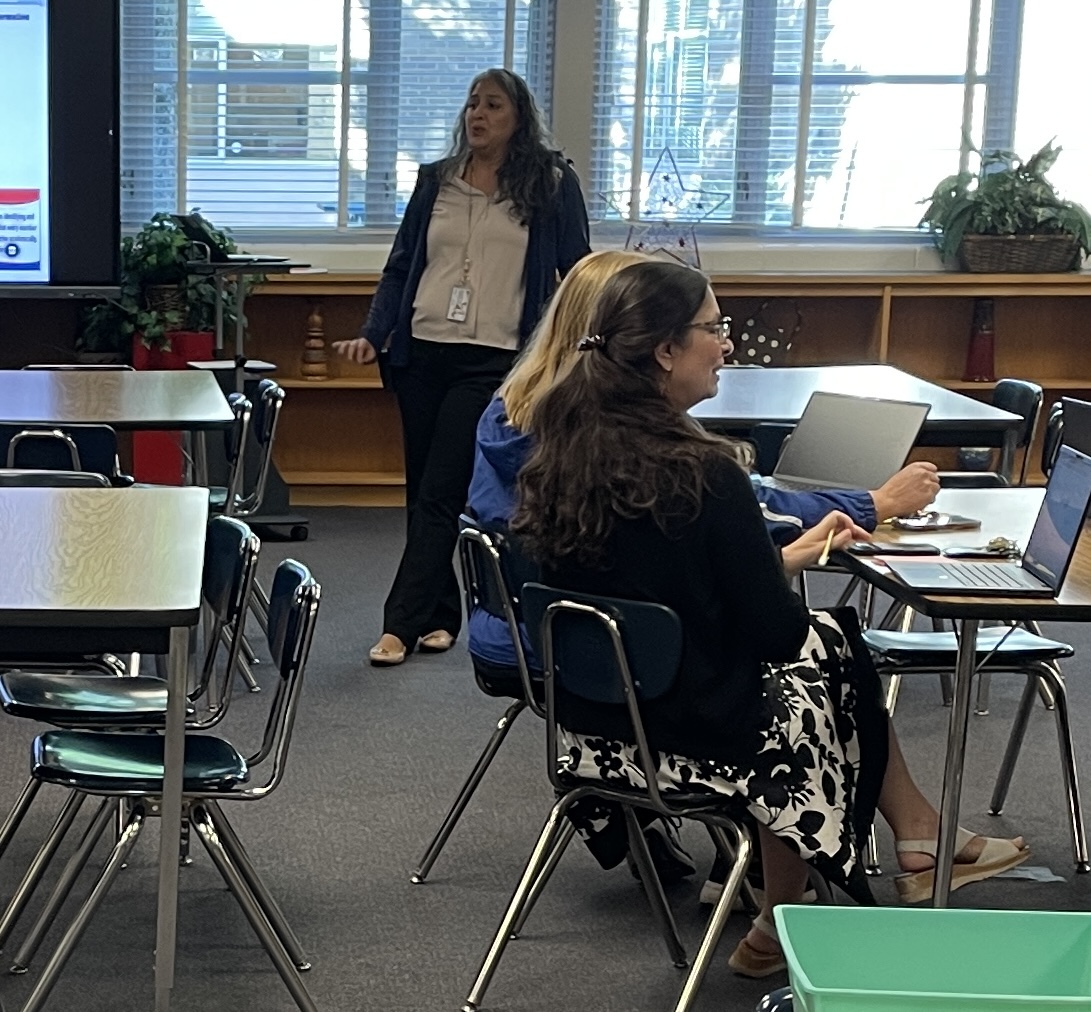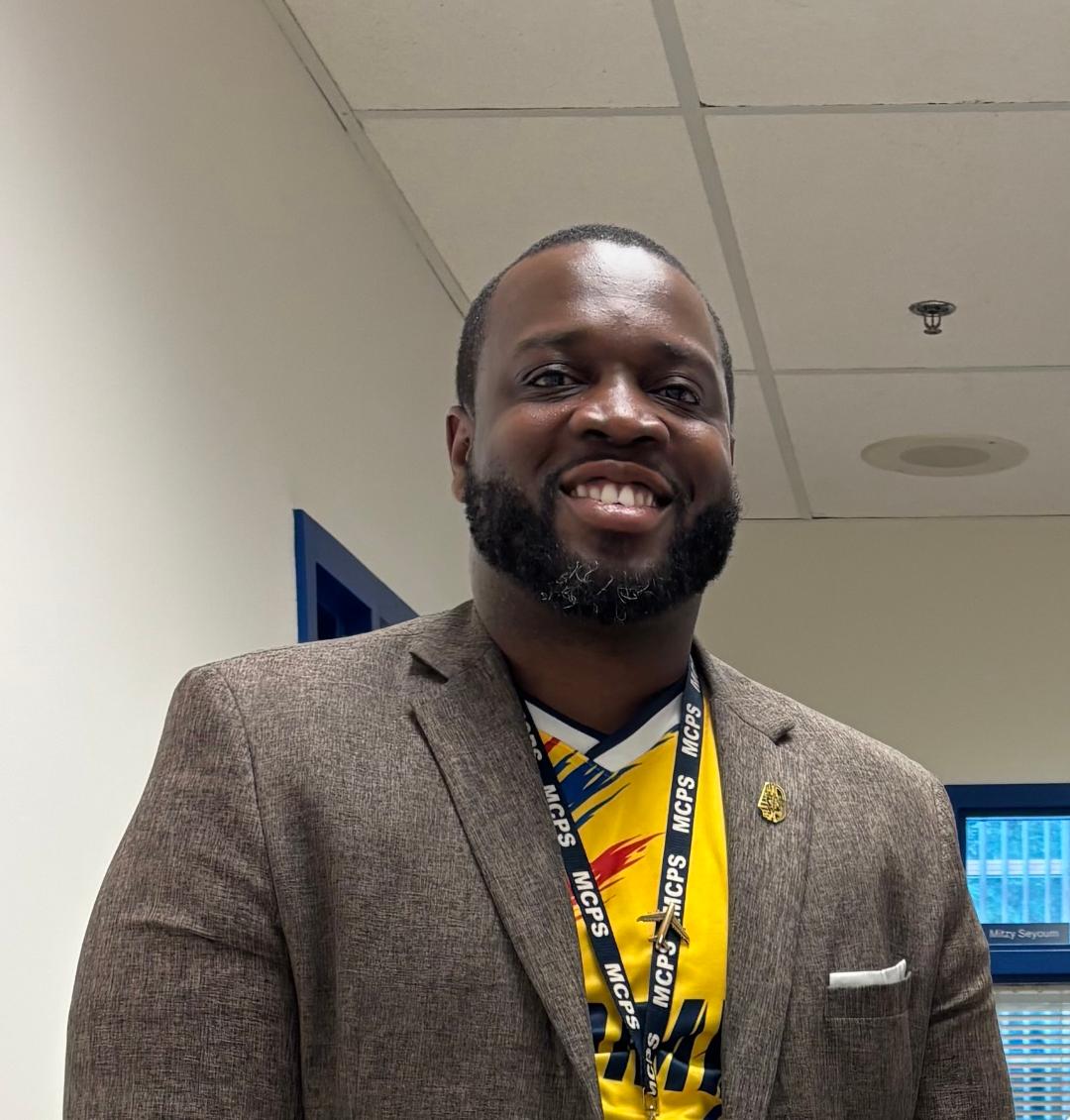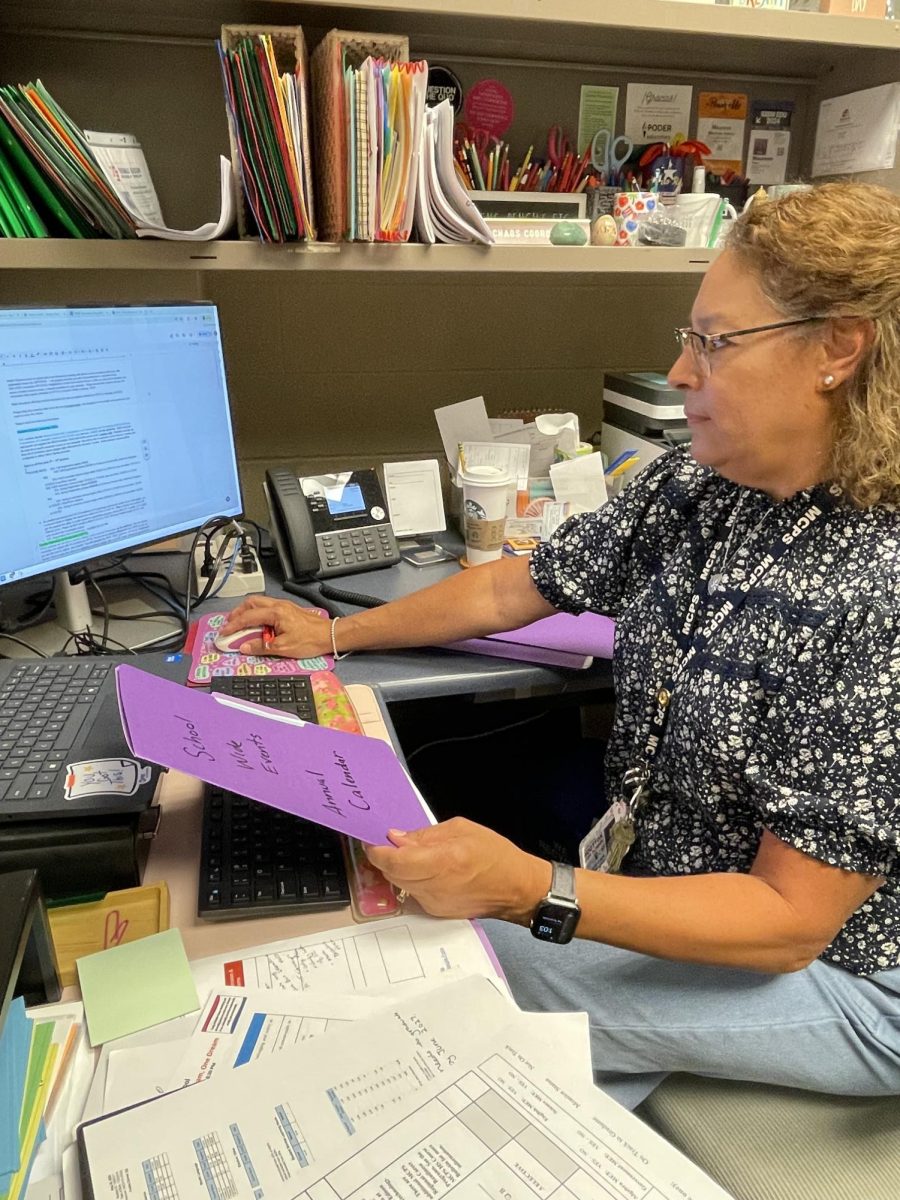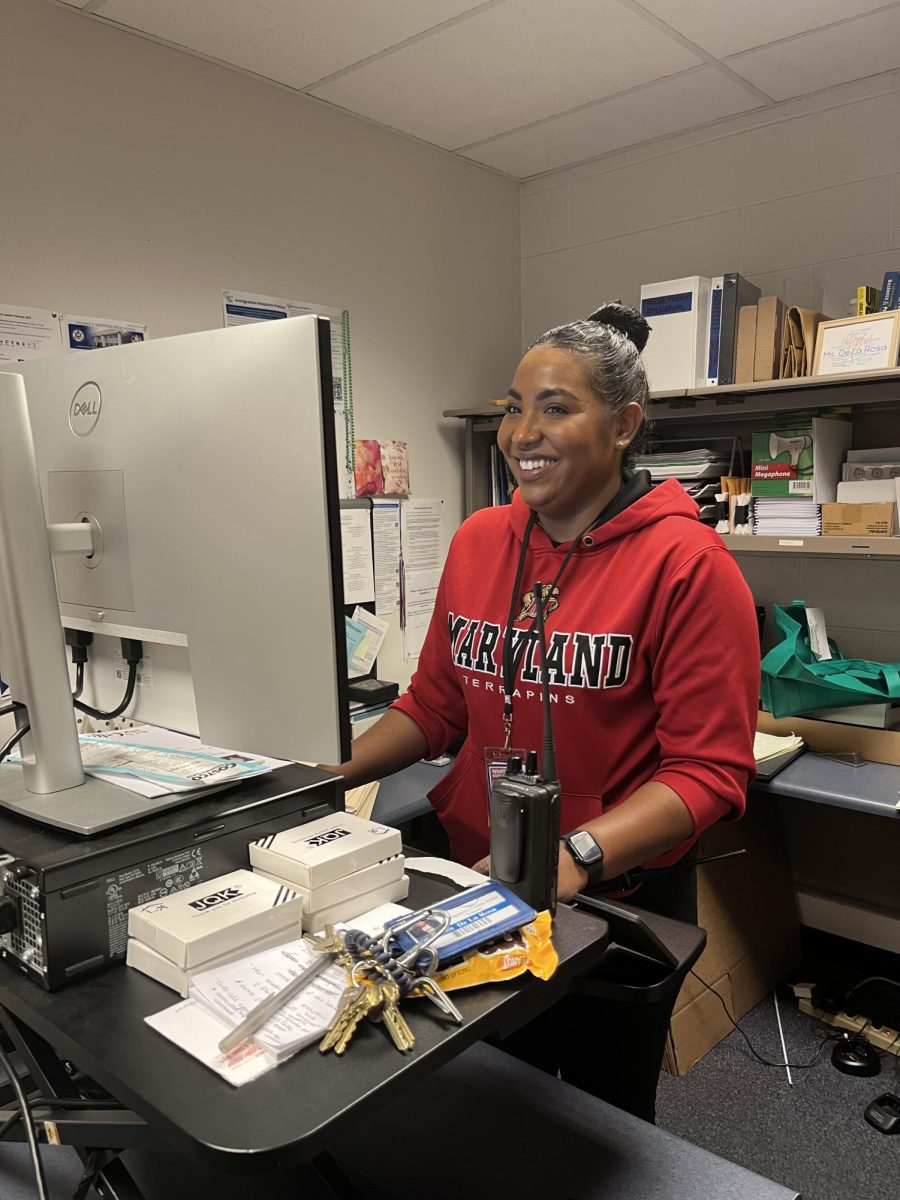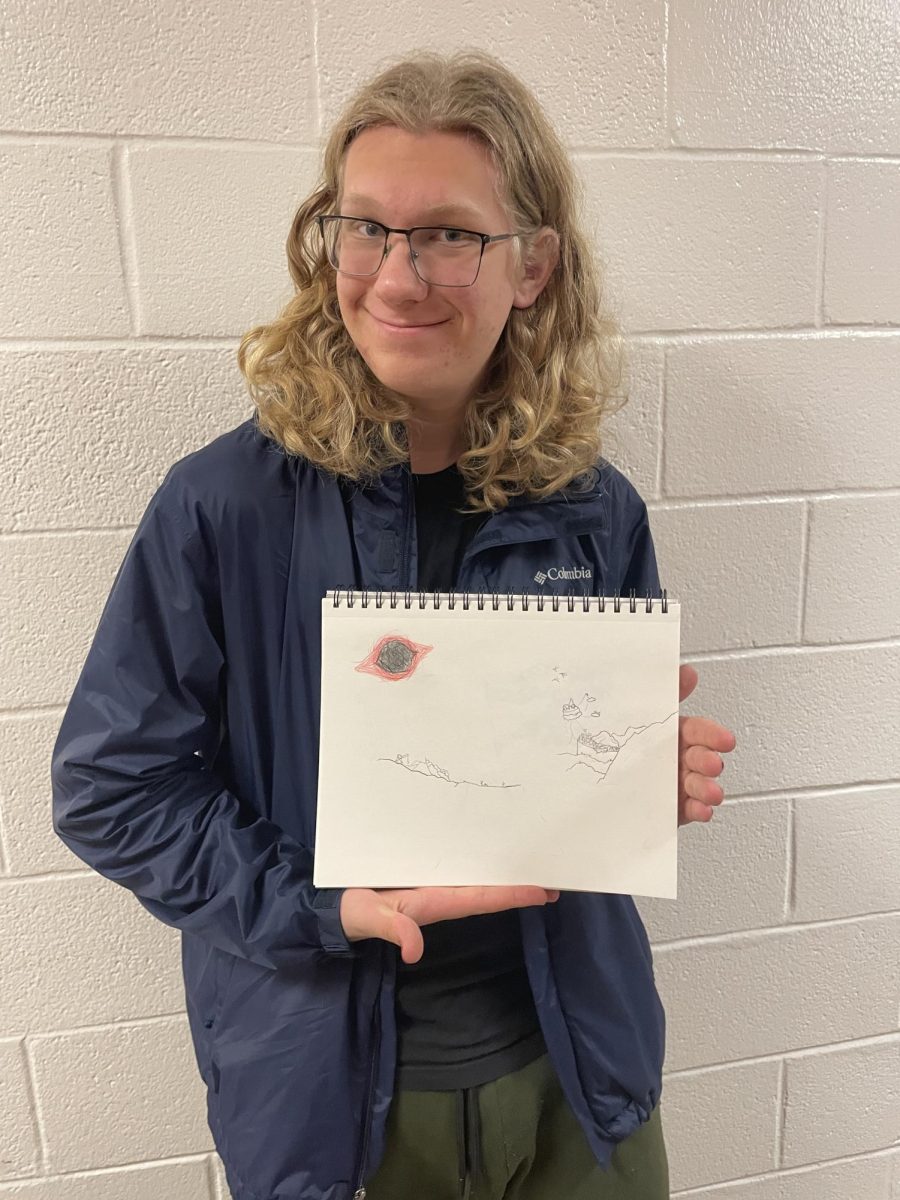Most students hope to leave the country a few time during their high school years, as with rigorous high school schedules and week-long breaks it can be hard to find the time to travel the globe. Senior Fiona Bishop didn’t let the structure of high school stop her from it, though.
Bishop chose to graduate high school one year early to move to Traunstein, Germany, and live with a host family. There, she attended an arts school titled Musisches Gymnasium Salzburg (The Salzburg School of Music) and pursued a focus in singing and choir. The school was located in Salzburg, Austria. Although it was an arts school, she still took classes like math, history, religion, Latin, philosophy, biology, physics, chemistry, German and English.
She said that it was hard to understand instruction in German, and the Austrian accent also contributed to the language barrier. “It was somewhat discouraging at the beginning to not be able to understand or speak as much as I wanted to,” Bishop said. “I felt like my voice had been taken away a bit, because I ended up being quiet when I didn’t know how to say something in German.”
She had never formally taken a German class before her semester abroad, only self-studying Rosetta Stone and Duolingo. In addition, the only time she had previously been to Germany was for the two-week summer exchange programs that this school offered her during her freshman and sophomore years.
She said that although this was extraordinarily frustrating at first, she worked at it and it paid off. “Once I got there it was just pure immersion through listening and repeating colloquialisms. I took a night language course in Traunstein a few times a week,” Bishop said. “By the end, though, I was able to communicate everything I needed to, so that result made it all worth it.”
She also talked about the drastic difference between the general German lifestyle and American culture. “Kids [there] are very independent from a young age because they take the train or public transit to school starting around Kindergarten, especially in the cities,” she said. Contrasting with American suburbia’s obsession with cars, she said that most children in Germany bike or take the train through the small towns and town squares to get to their desired location.
Overall, she said it was incredible experience, and she learned a lot about herself. “As a person, I think I’m more independent in terms of navigating on my own and having to rely on myself more than here. I enjoyed seeing how their school system operates and how the students’ daily lives played out in comparison to my own,” she said. “That alone was fascinating.”
Gwen Klein
Managing Editor



